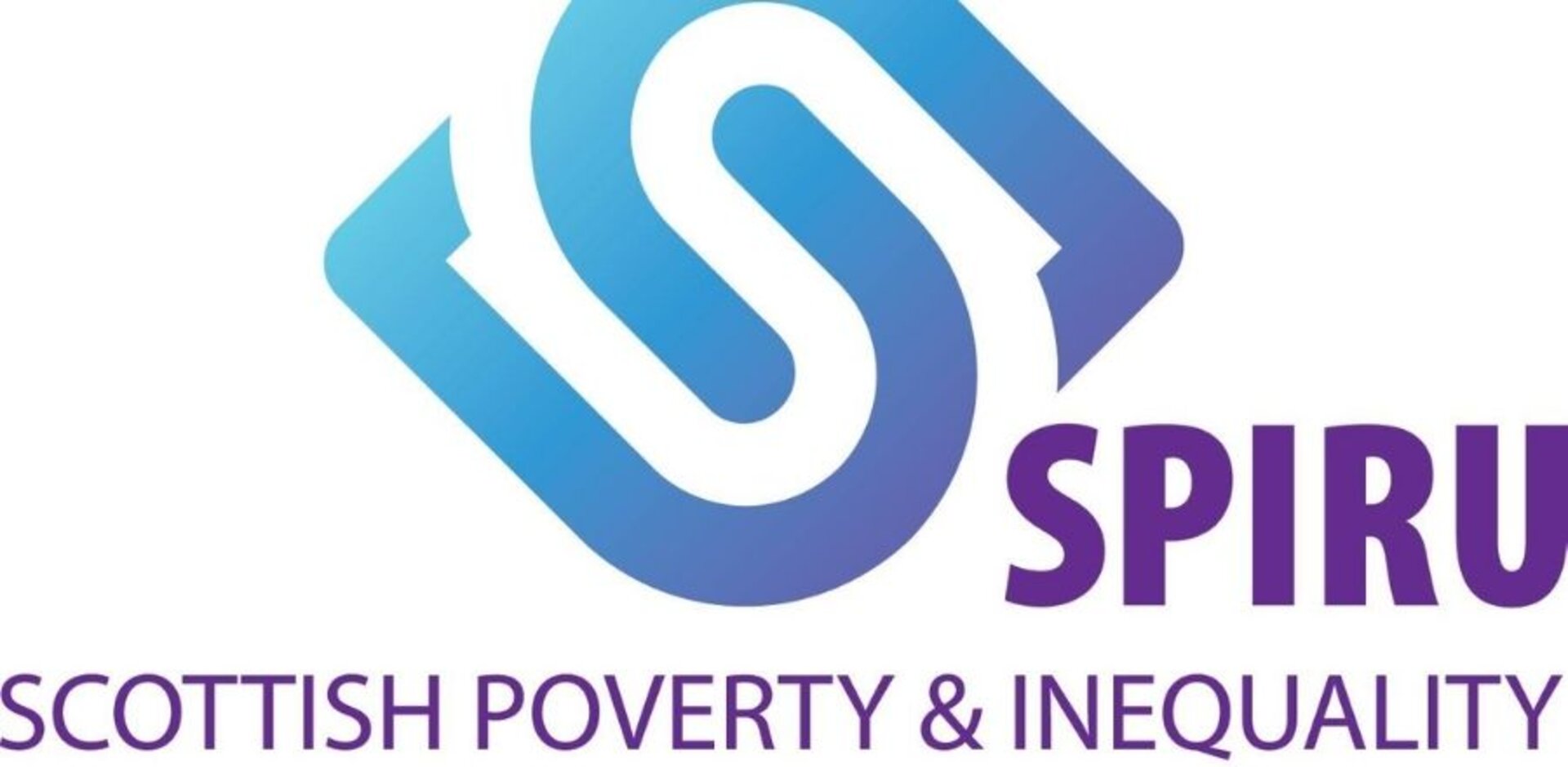GCU module brings together Scottish football with community research as part of student project

A team of Social Sciences students have been working on a research based placement - as part of a module which investigates deprived areas in Scotland and how to eradicate the misconceptions behind it.
The group of students have been working with the Scottish Poverty and Inequality Research Unit (SPIRU) - a research unit based at GCU which investigates and develops effective responses to poverty and inequality in Scotland.
The students have been working on a placement which involves collecting information about the Threehills Community Supermarket based in the Nitshill area of Glasgow and have been tasked with collecting data from the local area, with the aim to find out how the initiative has impacted those who use it.
Social Sciences students Catherine Jean Mackie, Jamie Friel and Erin Barr have worked together to conduct surveys and interviews to help support the data collection.
Focusing on deprived areas within Scotland, the students were also tasked with producing a case study on famous Scottish footballers that have come from a deprived part of Scotland, as part of a study hosted by the Carnegie Trust.
Social Sciences student Erin Barr was surprised how interesting she found the study and learned a lot about the footballer’s journies. She said: “The main purpose of this project is to demonstrate the positive childhood experiences of successful Scottish footballers in order to challenge the misperception that so-called deprived areas are always bad places.
My individual role as part of this project, was to review former Leeds United and Scotland player, Eddie Gray’s upbringing in Castlemilk and produce a short case study outlining his experience of ‘Growing up in Glasgow’. Initially I began research on Eddie Gray himself and his career highlights and then moved on to review his autobiography, selecting areas which conveyed his positive experience of growing up in Castlemilk which led to his successful football career.
She added: “Completing the case study on Eddie Gray was particularly interesting as it questions the perception that growing up in poverty is disadvantageous. This study has found that the environment in which many of these footballers grew up in contributed to their success.”
Despite not being a football fan, Social Sciences student Catherine Jean Mackie enjoyed completing the case study. She said: “Although I'm not a football fan, I found it interesting researching and doing my case study on Bernie Slaven, a professional football player who grew up in Castlemilk.
It was fascinating to learn how he utilised his experiences growing up to his advantage, such as practicing playing football in the hallway of his tenement, and how he benefitted from positive role models such as his dad and coach growing up.”
Social Sciences student Jamie Friel thoroughly enjoyed the module and would recommend it to future students. He said: “This project was very different from the usual essays, presentations and reports which we are normally assessed on and so it was a nice change.
I feel that having the various tasks you have to be getting on with every week keeps you motivated to keep being productive, something that can be a struggle in modules in which the deadline seems a long time away. For this reason, I would definitely recommend this module for any Social Science student in the future as it allows you to have a different learning experience and will be even better for future students as it won’t all be online like it has for us in these COVID times.”
You can read previous examples of the Scottish Footballer case studies on the Platform Glasgow website.
By Rachael McAlonan
Got a SCEBE or GSBS story? Email me at Rachael.McAlonan@gcu.ac.uk or connect with me on social media.
